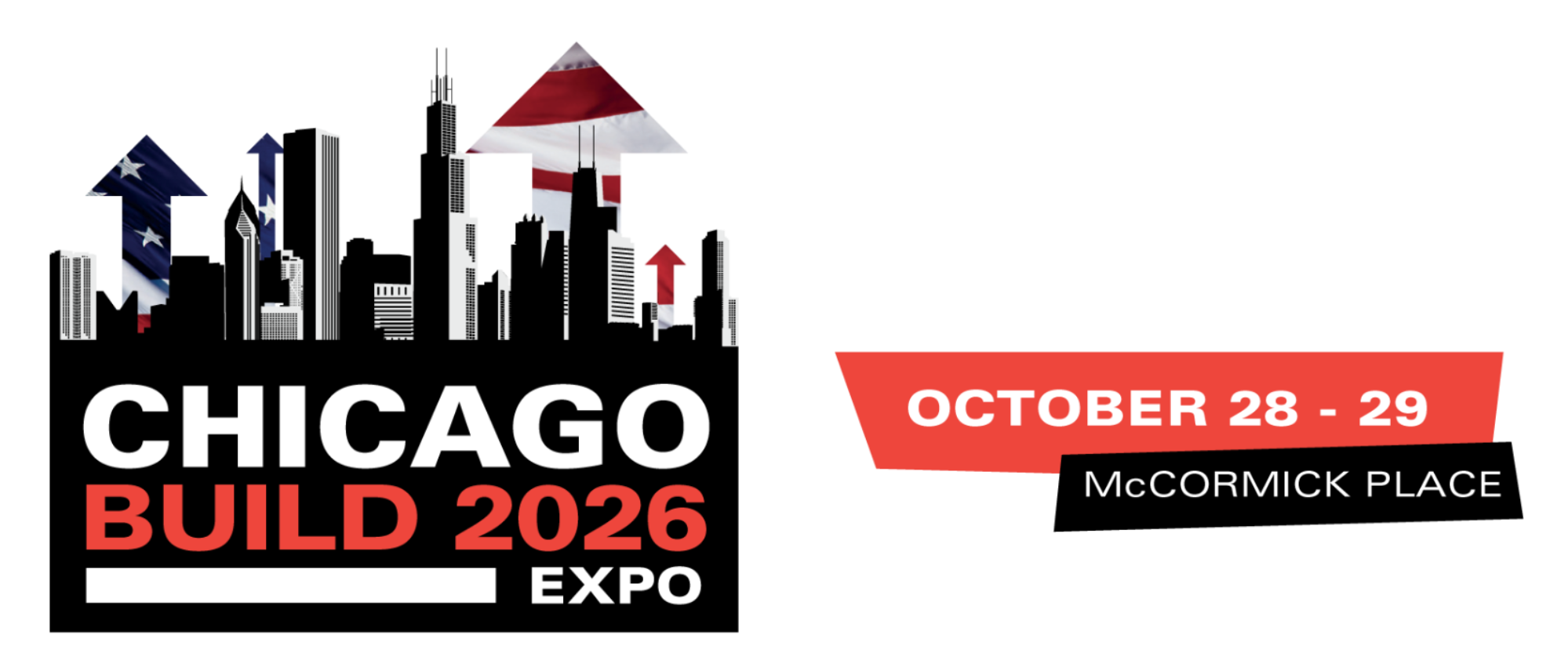CTA diversity program gives small businesses a break in the construction industry

For 25 years, Adrian Mobley worked as a respiratory therapist at Chicago hospitals. She started her own business in 2014 to offer CPR and safety training for workplaces. In 2020, she expanded into new territory: construction.
Her Englewood company has grown from three employees to about 35. Many are labor union members making nearly $50 an hour.
Mobley’s entry into construction was spurred by the Chicago Transit Authority’s $2.1 billion Red and Purple Modernization project, which runs through 2025. She learned about subcontractor roles through outreach sessions with the CTA and Walsh-Fluor, the project’s main contractor. In 2020, she was awarded a $4.5 million subcontract to manage traffic flow and safety at CTA construction sites for the project.
The first phase of the agency’s most expensive project ever involves updating nearly 10 miles of North Side tracks and stations using federal and local funding. More major CTA projects are planned, including the Red Line extension to 130th Street.
One common concern about big construction projects is that the insular industry often shuts out small businesses, especially those run by minorities and women. But Mobley’s start into government construction work was part of a long-running effort to level the playing field.
Her company is one of 119 minority- or female-owned businesses working on the modernization project, part of the CTA’s goal of awarding 20% of the project’s contracts to “Disadvantaged Business Enterprises.” Of those, 54 are working with the CTA for the first time, like Mobley’s company. Overall, minorities account for nearly 53% of the project’s workforce, according to the CTA.
The U.S. Department of Transportation defines DBEs as for-profit small businesses in which socially and economically disadvantaged people own at least a 51% interest and control management and daily business operations. African Americans, Hispanics, Native Americans, Asian-Pacific and Subcontinent Asian Americans and women and other groups fall into that category.
The annual gross income of a DBE must be less than $23.98 million, and an owner’s net worth cannot exceed $1.32 million, according to the department.
Find out more: Chicago Sun-Times

